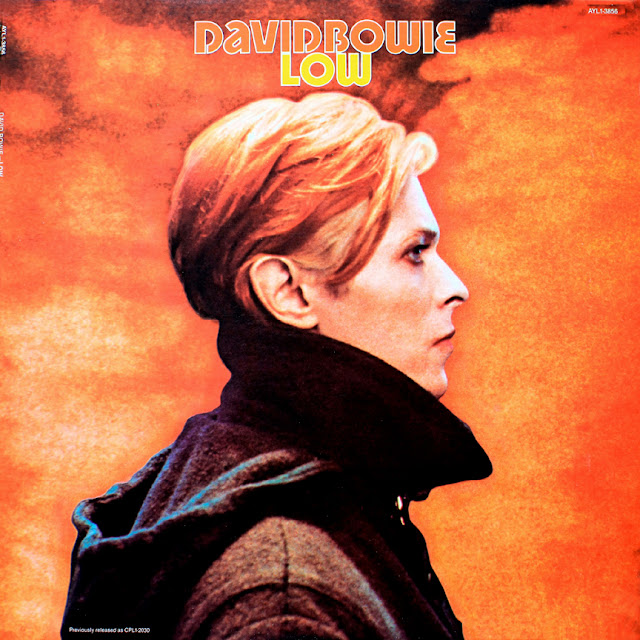
Such a cool record. This was Daniel Lentz’s first full-length release (though he had already been working on ambitious large-scale compositions and performance pieces for 20 years by then) and was one of the seven releases on the short-lived Icon Records. Though Lentz’s background seats him pretty squarely in the realms of academia, On The Leopard Altar avoids much of the dryness that I associate with minimalism–it’s more generous, unafraid to lean into pop sensibility and pleasure. (Fittingly, he went on to make two records with Harold Budd.) “Lascaux” is a gorgeous nine minutes of 25 tuned wine glasses resonating in and out, with nothing added but reverb, and it acts as a drone meditation piece, with glasses serving as both shruti box and chimes. “Requiem” attempts to capture the experience of hearing a lone singer in a large, empty cathedral, with big church bell tolls, rolling keyboard chimes, a vocalist bathed in Julee Cruise-esque reverb, and a few pretty incredible overtone moments. The gorgeous title track is very warm, present vocals delivered with a choir boy-esque straight tone purity, over rolling keyboards and (I think) more wine glasses. On “Is It Love” and “Wolf Is Dead…” we hear more typically minimalist long-form weaving of gamelan-inspired rhythmic pulses in the vein of Reich and friends, and vowel-based vocal pulsing in the vein of Monk and friends, but even these are structured in ways that suggest a pop sensibility.


